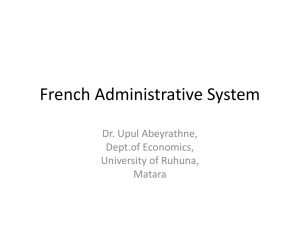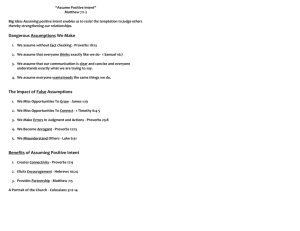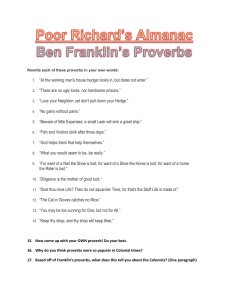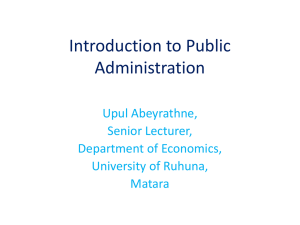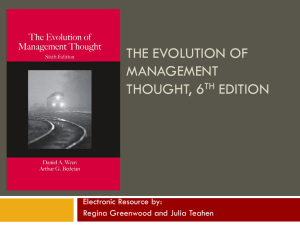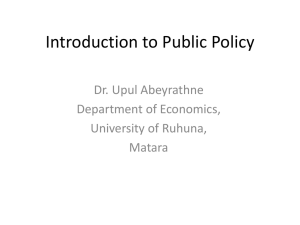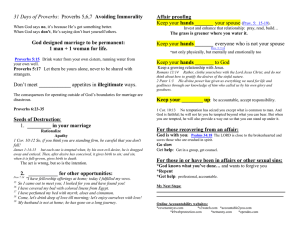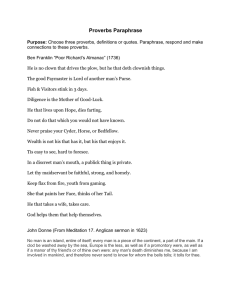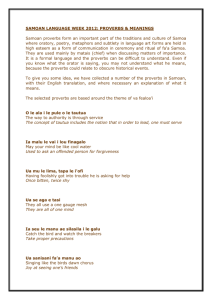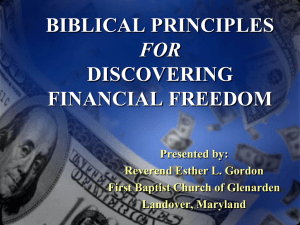Second Paradim - Faculty of Humanities & Social Sciences
advertisement
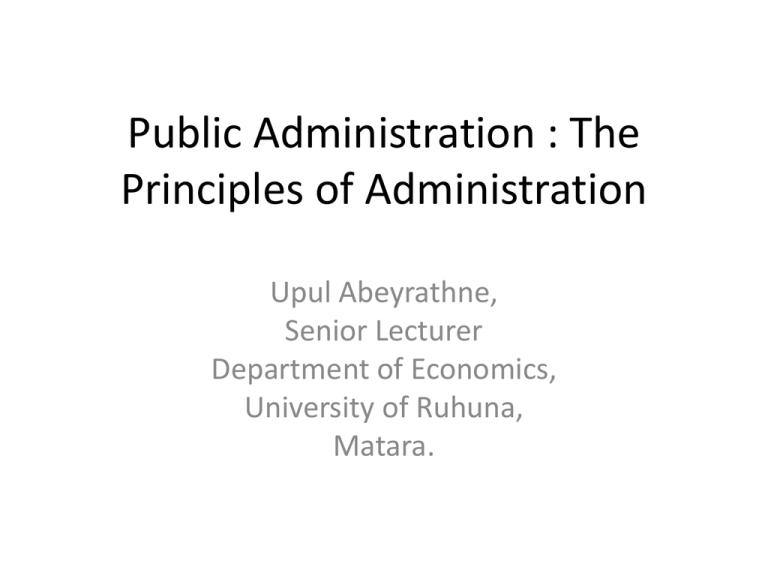
Public Administration : The Principles of Administration Upul Abeyrathne, Senior Lecturer Department of Economics, University of Ruhuna, Matara. • 1927, W. F. Willoughby published his book “Principles of Public Administration • The main trust of the book is that there exist certain scientific principles of administration • They could be discovered • Administrators would become expert in their work if they learned how to apply these principles. • L. Urwick had observed ‘’ It is the general thesis of this paper that there are principles which can be arrived at inductively from the study of human organization which should govern arrangements for human association of any knd. These principles can be stusied as a technical question, irrespective of purpose of the enterprise, the personal compring it, or any constitutional political or social theory underlying its creation (Gulick , Luther and Urwick , L. (eds.), Papers on the Science of Administration, New York, Institute of Public Administration, 1937, p. 49) What are the Principles? Acronym : POSDCoRB • • • • • • • P= Planning O= Organising S= Staffing D= Directing Co= Coordinating R= Reporting B=Budgeting 1927-1937 Golden Era of Administrative Principle Paradigm • There were high degree of respectability both in government and business. • During 1937-47, the principle s were began to be challenged. • Herbert A Simon, “Proverbs of Administration” in 1946 and Administrative behaviour, (1947) argued that there is no such thing as principles of administration, what are paraded as principles are in truth no better than proverbs Robert Dhal Challenge • The quest for principles of administration was obstructed by three factors • 1. There were value permeating administration while science is value free • 2. Human Personality differs • 3. The organizations have to work in a social framework that also differs.
